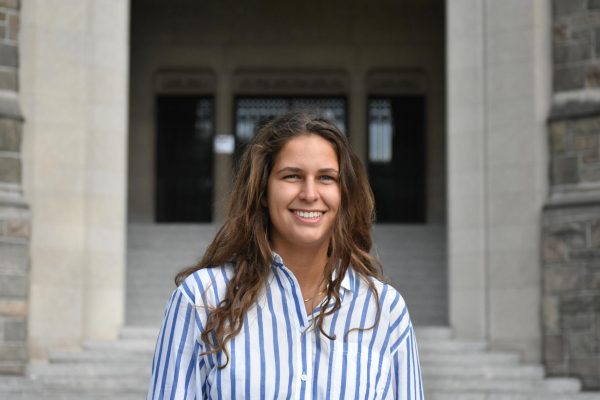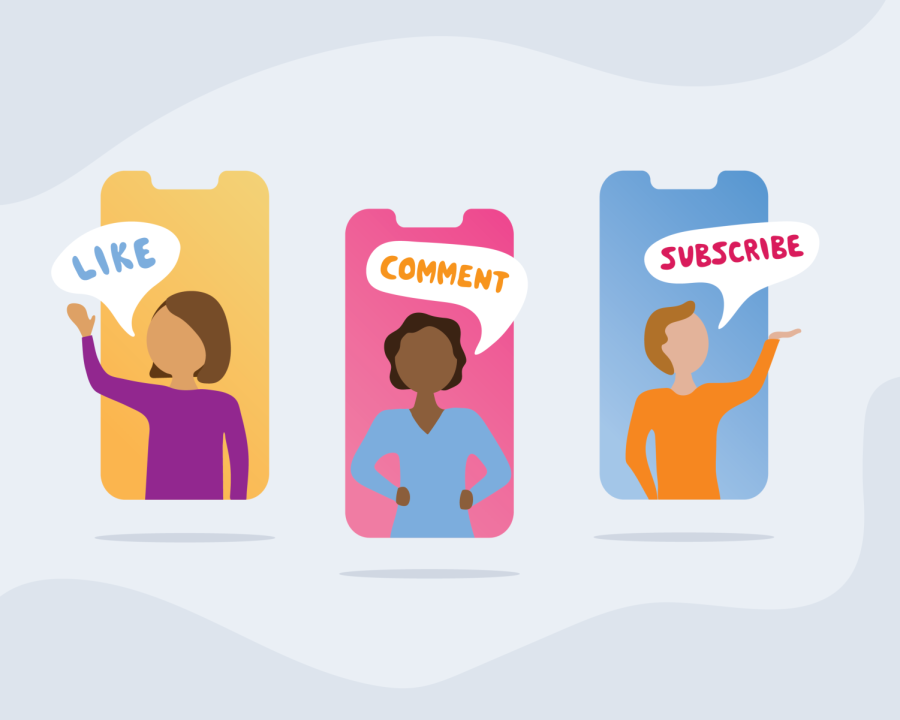You Shouldn’t Aspire To Be an Influencer
About a week ago, I started an inane Instagram account whose sole purpose is to make myself and my friends laugh. It has a humble following (though it is growing every day, thank you very much), and it brings me joy every time I see another follower join its ranks. I don’t want to say that I am an influencer (so please halt your eyerolls), but there is a unique kind of satisfaction to know that something I find funny is something other people find funny, too. In some small way, my content is welcoming other people with a sense of humor like mine to share a slice of my worldview.
But no one should ever do this for a living.
I don’t mean to conflate my measly little account with social media influencers who have hundreds of thousands, sometimes millions, of devoted followers. But on the micro level, let’s take a look at what influencing really is: It is a means of depersonalizing someone from an individual entity into a brand. On the macro level, it is the commodification and commercialization of the self.
Influencers can be defined in a variety of ways, but the general consensus is that they are individuals with a substantial social media following who use that presence to promote certain lifestyles or products. Right now, there are “between 3.2 million and 37.8 million influencers in the world [on] Instagram, YouTube, and TikTok.”
Influencing is capitalism at the most intimate level. Instead of relying on your art or a talent, like musicians and movie stars, to catapult you into fame, your personality is the product being offered up for grabs. Influencers are a living, breathing brand — there is no separation between the person and the product. To garner fame, influencers are selling their hair styling tips, workout routines, what they are making their kids for dinner or whatever else their niche may be, and they are de-privatizing their lives for profit. It merges the personal life and the work life, blurring a distinction that our society is craving, as evidenced by the trend of “quiet quitting.”
In an age where the government and tech companies are infringing upon our right to privacy or just straight up stealing our private information, influencers are openly forfeiting their right to privacy in exchange for fame and profit. On one hand, I think that it is unfathomable that somebody would be willing to commodify themselves like that, to turn themselves into a business, to boil down their identity and what they stand for into a promo code consumers can use to get 10% off plant-based supplements. From a different perspective, though, isn’t influencing kind of like a small business? You have to develop a product or find a niche audience you can connect with, grow that audience by partnering with other small businesses and maybe, once your store is big enough, you can cash out and sell to a huge retailer. (The influencer equivalent of this sort of success would be getting their own reality TV show, a way to have a steadier stream of income with a greater chance of catapulting themselves into household-name status.)
While influencing might have once been seen as an inconsequential passion project or side hustle, some influencers have reported earning a six-figure salary. According to Vox, “‘Influencer’ is now one of the most desired career paths for both children and adults.” The same article quotes a study that “found that 54 percent of Americans ages 13 to 38 would become an influencer if given the chance.” It’s easy to see why. Influencers are similar to entrepreneurs in that they have ultimate freedom to produce whatever content they want. They can create their own schedules and promote the causes and issues they care about.
But while influencing has undeniably increased in popularity and has clear incentives, it shouldn’t be a legitimate career path. Influencing is not a viable, sustainable way of life. Gen Z TikTok influencers have been saying that they feel burnt out by the demands that come with being a content creator, and that they are run down by the constant bullying they face in the comments section. In an interview for the New York Times, a young TikTok star said that “when creators do try to speak out on being bullied or burned out or not being treated as human, the comments all say, ‘You’re an influencer, get over it.’” Another lamented the oversaturated influencer market on social media, saying “The over-saturation and this push for everyone to be a creator seems disingenuous … It seems like a cash grab. It makes me feel very disposable, which maybe I am.”
A Harris Poll study asked 3,000 kids in the U.S. and U.K. what they would like to be when they grow up, having to choose between a profession as a teacher, a musician, a professional athlete, an astronaut and a YouTube influencer. Almost 30% of them chose to be an influencer.
This statistic makes me so sad and angry. Children should feel limitless. They should be dreaming about reaching the stars (literally) or teaching or studying something they are passionate about. They should be dreaming of a life bigger than their phone, of a career and livelihood where success is not measured by how many likes they get.
Young influencers have said that they feel “tied to a static, inauthentic identity.” The allure of influencer stardom is understandable, but nonetheless, it shouldn’t be something that children dream of.
While influencing has been somewhat legitimized in the past few years, it should never be thought of as a viable career path — because it’s not. It commodifies your personality, shallows out your identity and leaves you with fans begging for more water even when your well has run dry. And that is only if you’re so “lucky” to have a large following.
We’re waging a war on many fronts in the hopes of retaining our privacy and a space for authenticity. And influencers are forfeiting.
Nicole Braun, FCRH ’24, is an English major from Saddle River, N.J.

Nicole Braun is a senior from Saddle River, N.J. and she is thrilled to be a member of Volume 105! Her love for writing and editing led her to begin writing...










































































































































































































